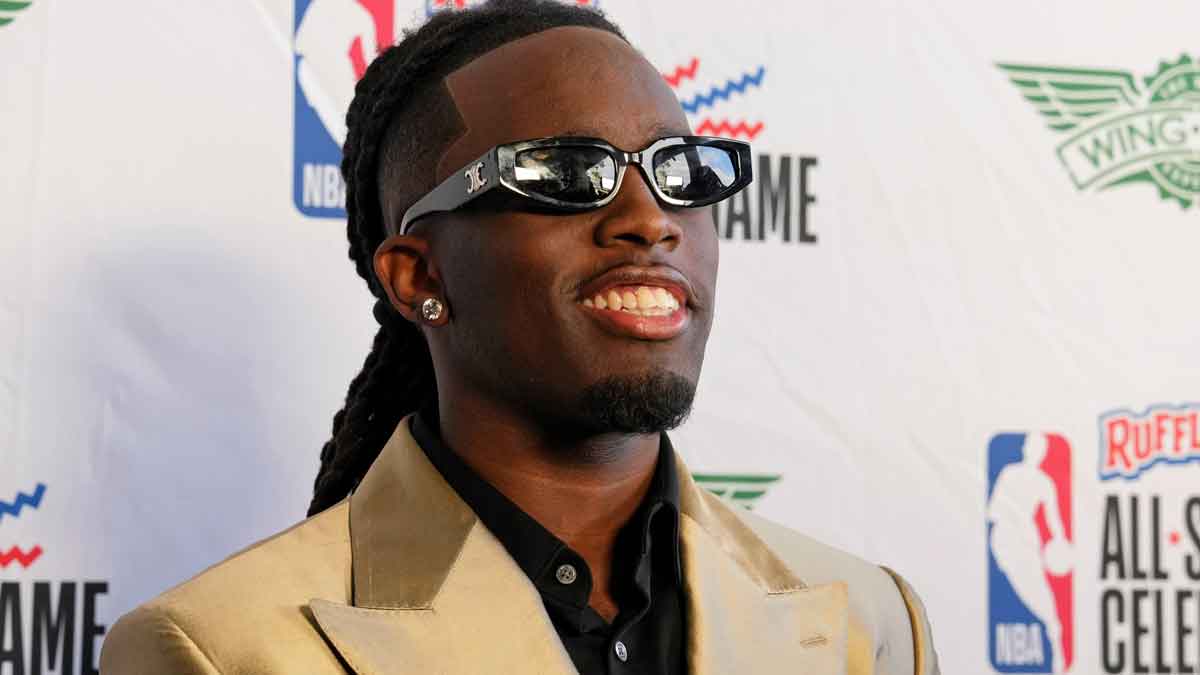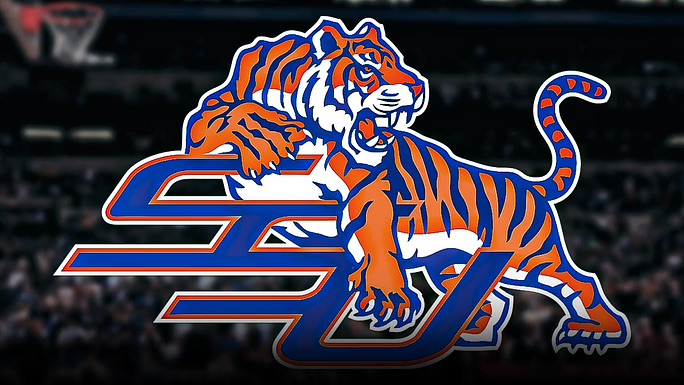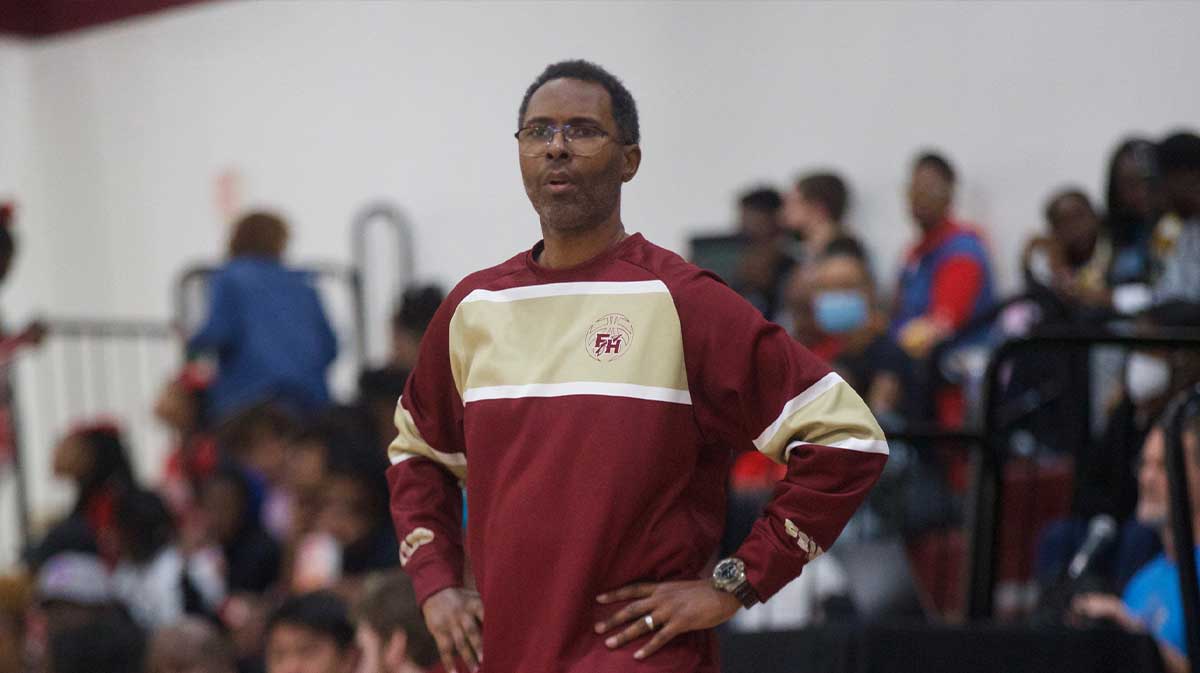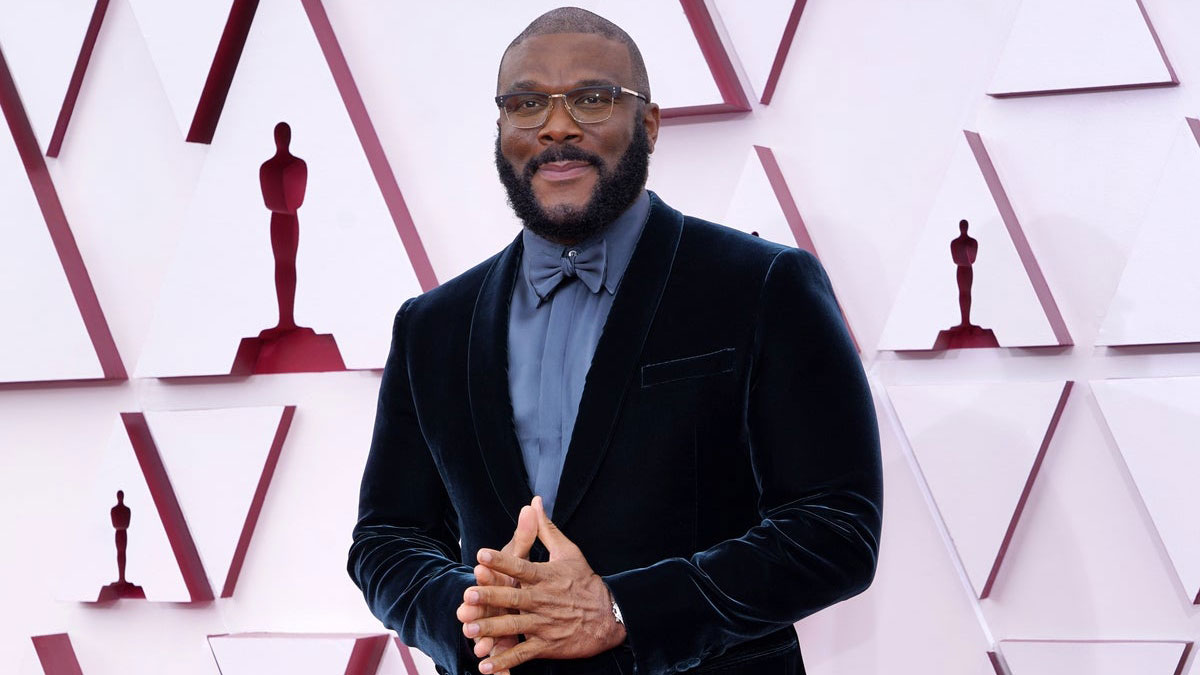Although I consider myself an incredibly culturally aware person, I'm not the biggest Twitch or TikTok viewer. My interests are often split, with my sports and scripted TV fandom taking up most of my time nowadays. But, I'm very familiar with Kai Cenat who has created a digital media empire that has even attracted the biggest celebrities and influencers to embrace his platform.
When I heard about his concept for ‘Streamer University'—offering classes and courses on becoming better, more effective streamers—I was intrigued. My interest came partly from my connection to college and university life through the work I do with HBCU Pulse on ClutchPoints. But I also thought it would be a great experience for younger people, even those not yet college-aged, to get a glimpse of the fun college atmosphere while learning valuable insights from well-known creators about how they achieved success.
I saw a few people that I actually knew a lot about that were a part of it, such as India ‘Love' Westbrook, who was on BET's College Hill: Celebrity Edition Season One that was hosted at Texas Southern University and was one of the original influencers that dominated social media in the early to mid 2010s. I was also familiar with several other prominent personalities that were brought on as “professors”, such as CookingWithKya, Duke Dennis, and Agent00 of AMP.
What began as a casual curiosity about the ‘Streamer University' concept quickly turned into me logging into my Twitch account to follow the ‘students' and ‘professors' during the three-day event at the University of Akron campus. While it didn’t fully replicate real university life, watching streamers connect and socialize reminded me of my own college days and the incredible chance to meet and bond with new people.
Initially, I thought Streamer University would be more of a joke. While there were plenty of fun and lighthearted moments, it became clear that the streamers were actually learning valuable lessons about the streaming industry. One standout for me was Agent00. I watched some of his classes, and he did an incredible job as a “professor.”
He approached the role with a serious mindset, using his own streaming career, highlighting both his successes and challenges, as a case study. His goal was to guide aspiring streamers on how to build their careers, secure opportunities, and generate income in the ever-evolving streaming world.
Seeing that really got me thinking about the idea of Streamer University as more than just a three-day event or an entertainment concept. I see potential for it to serve as a model for HBCU Mass Communication programs. There are valuable lessons HBCUs could take from this concept, even though it was primarily created as an entertainment product.
The media landscape is undergoing a dramatic transformation. Traditional media is losing its footing, with many companies merging or selling off assets. At the same time, digital media outlets are cutting jobs or shutting down completely. The focus is shifting rapidly toward digital video and audio, paving the way for the next phase of media distribution. Short-form video now dominates social media, while streamers on platforms like Twitch and YouTube have become major players in pop culture.
I believe that in the field of mass communications, students are often trained to become media professionals within traditional media systems, systems that are increasingly unstable and may not remain relevant in the near future. While there are some HBCUs that have embraced the new era of media creation and consumption and are equipping their students for it, there needs to be a greater push for all HBCUs to do this to further ensure that students are equipped to be gainful media entrepreneurs after graduation.
I believe that starting in 2025 and beyond, there will be a huge opportunity to teach students not only how to work as media professionals for larger companies but also how to become media entrepreneurs. They can build their own brands, create their own companies, and take advantage of today’s platforms, mediums, and distribution channels to succeed.
That's why I think that Streamer University should be something that HBCUs who are always purveyors of culture, should take inspiration from. HBCU Media students aren’t being fully prepared for today’s digital media world. Many graduates are leaving media behind for more stable jobs in other fields, partly due to the industry’s instability. However, with platforms like YouTube, Twitch, and TikTok shaping the future, there are new opportunities for those willing to adapt.
I’m not suggesting we completely change what’s taught in mass communications courses, as they provide the foundation of the media industry. Writing and reporting are essential skills at the core of media, and understanding these basics allows you to thrive in any area of the field. However, I believe our HBCUs, inspired by the success of Streamer University, have the potential to develop a strong and competitive academic offering that stands out in the broader national university community.
As we face new challenges in student enrollment, including the declining number of Black men attending college, we must take innovative steps to modernize curricula and adapt to the needs of our times. HBCUs should consider building partnerships with creators like Kai Cenat to adapt to this shift.
Perhaps the next Streamer University event could take place at an HBCU, or he could be invited to participate in a campus lecture series. Maybe Agent00 could do a workshop about the business of streaming like he did at Streamer University, or India Love can do a masterclass about her experience and how to succeed as a black woman influencer.
There are ways that this can be done if our institutions consider the prospect and go after it. We wouldn't even need to reinvent the wheel. During my senior year at Fort Valley State University in 2018-2019, our Media Studies program hosted Ed Gordon as a visiting guest lecturer. He taught a class on the media business, drawing from his extensive experience as a broadcast journalist to share valuable skills for succeeding in the media industry.
This model has been seen at other institutions in recent years. T'Keyah Crystal Keymáh, known for her work on In Living Color and That's So Raven, served as an artist-in-residence at her alma mater Florida A&M in the 2017-2018 school year. Al Shapton was hired by Tennessee State as a Distinguished Guest Lecturer in 2021, and Jason Weaver partnered with South Carolina State for an entertainment master class in 2023.
There have been many notable figures from Hollywood, media, politics, and music who have collaborated with HBCUs to provide students with real-world opportunities to learn from industry leaders who have excelled at the highest level. The same can be done for streaming and digital stars. They could host workshops, lectures, or even serve as guest lecturers or artists-in-residence.
This kind of initiative would resonate with students, as these content creators are figures they already follow and admire. It would also give students valuable insights into succeeding in the digital world from professionals who have firsthand experience. Many of these creators live in cities with HBCUs nearby.
For example, streamers based in Atlanta could visit Morehouse, Spelman, Clark Atlanta, or Morris Brown to host workshops or teach classes on navigating and thriving in the digital content space, much like the Streamer University concept. This approach could bridge the gap between education and industry in a way that’s engaging and impactful for students.
Streamer University should serve as an inspiration for HBCU administrators, professors, faculty, and department heads. Student leaders should lobby for something such as this to happen at their institutions. It’s essential that we act now to find ways to train our students to become the media professionals and entrepreneurs of the future. This will provide them with a unique chance to better prepare their students for the evolving media landscape while building a foundation for success.
By embracing this approach, HBCUs can produce alumni who are not only successful in their fields but also invested in giving back, whether through financial contributions, mentorship, or helping the next generation of media students rise and succeed. Let's make it happen.



















